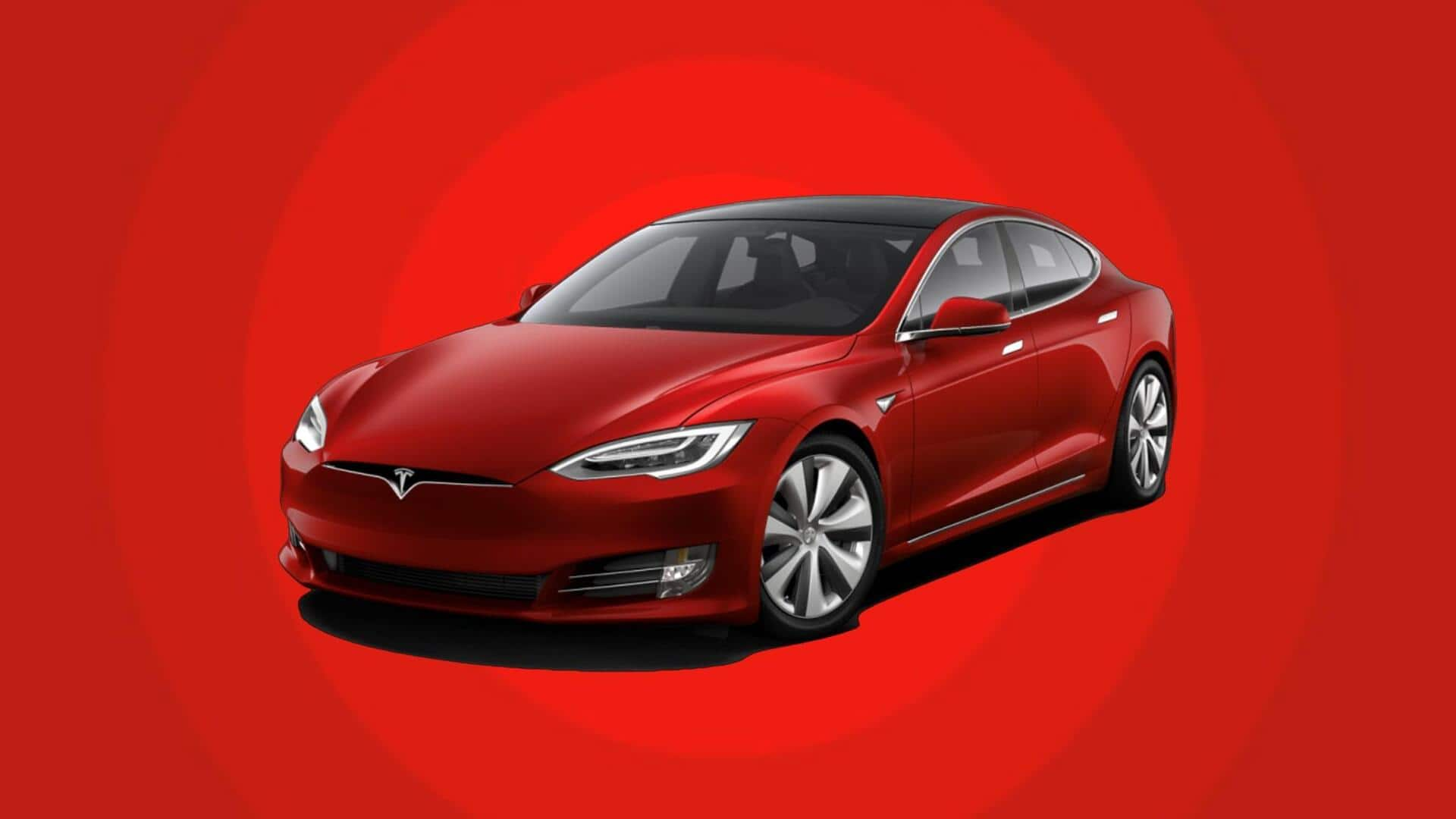
India slashes EV import taxes, boosting Tesla's market entry plans
What's the story
In a significant policy shift, the Indian government has decided to reduce import taxes on electric vehicles (EVs). This is only for companies willing to invest a minimum of $500 million and establish a local manufacturing facility in three years. This move could potentially accelerate Tesla's plans to penetrate the South Asian market. The new policy stipulates that at least 25% of components should be domestically sourced, as per the government press release issued today.
Relief
Import duty reductions for global EV manufacturers
Companies that meet the investment and manufacturing criteria will be eligible to import 8,000 EVs annually at a reduced import duty of 15% on cars priced at $35,000 (roughly Rs. 29 lakh) and above. This is a significant reduction from the current tax rate of 70% to 100% levied on imported cars, based on their value. The change could potentially pave the way for Tesla's entry into India, as the company has been in discussions with the government for years.
Target
The policy aligns with India's EV adoption goals
The new policy aligns with India's objective to boost EV adoption and reduce its reliance on oil imports. The country has set an ambitious target of achieving 30% EV sales by 2030. According to the Ministry of Heavy Industries, this initiative will provide customers with access to the latest technology, strengthen the EV ecosystem, reduce crude oil imports, and lower the trade deficit. It will also have a positive impact on people's health as well as the environment.
Points
Key provisions of the new EV policy
The new policy requires a minimum investment of approximately $500 million, with no maximum limit. Companies must establish manufacturing facilities within three years and achieve a localization level of 25% by the third year and 50% by the fifth year. A customs duty of 15% will be applicable on vehicles priced at $35,000 and above for five years, provided manufacturing facilities are set up within three years. The policy also allows for a carryover of unused annual import limits.
Result
Consequences for non-compliance with policy guidelines
The policy mandates that the investment commitment made by companies, must be backed by a bank guarantee in place of the customs duty forgone. In case a company fails to meet the Domestic Value Addition (DVA) and minimum investment criteria outlined in the scheme guidelines, the bank guarantee will be invoked. This measure ensures that companies adhere to their commitments under this new EV policy.